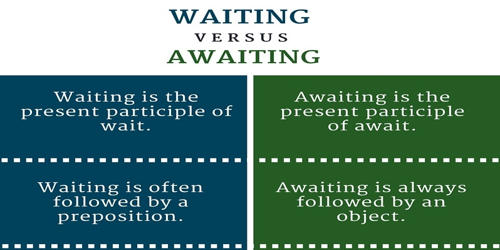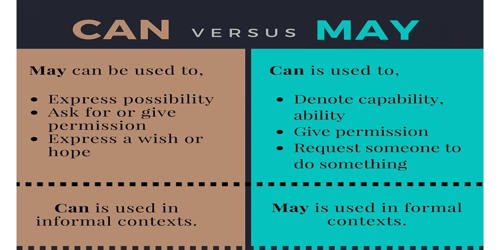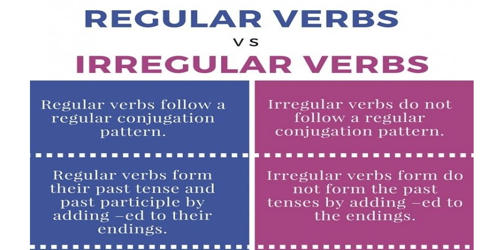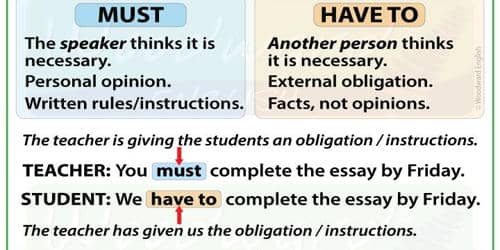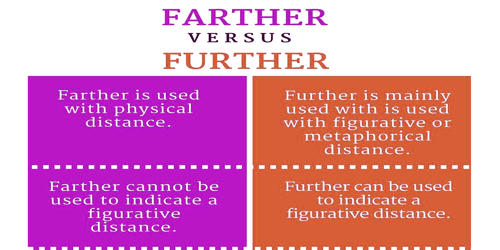When two words have largely the same meaning, it can be difficult to choose between them. The words ‘wait’ and ‘await’ are quite identical in their meaning and seem synonymous, but one should not use them interchangeably. “Wait” is a verb and a noun. It means to stay in a place until an expected event happens. Await is a transitive verb—it does take a direct object. This is so because ‘await’ is more formal, as compared to ‘wait’. While ‘wait’ can be used as a noun or as a verb in a sentence, await can be used as a verb only. ‘Wait‘ means to pass the time until an anticipated event occurs, whereas ‘await‘ means to wait for something with a hope. The word ‘wait’ is used in the sense of ‘remain’. On the other hand, the word ‘await’ is used in the sense of ‘wait on’ or ‘expect’.
Difference between Wait and Await
WAIT
- Wait means to stay at a particular point/place, till a specific time goes by or event occurs.
- The verb ‘wait’ can come in different structures. Firstly, you can just use ‘wait’ on its own: ‘We have been waiting and waiting and waiting and nobody has come to talk to us.’
- ‘Wait’ means to spend time, while doing very little or nothing, as you cannot proceed further if the moment arrives, or something that you expect to happen occurs finally.
- The verb ‘wait’ implies to let the time to pass while staying at a particular point without doing anything, until something that you expect happens, or you are able to do something or your turn arrives, as you can proceed further only when that particular moment takes place.
- ‘Wait’ is an intransitive verb, as it can exist even without a direct object.
- Waiting is an intransitive verb that can be used with or without one.
- Usually, a preposition follows the word ‘wait’ whenever there is an object.
- Example: We waited patiently for the doctor to arrive. Arnav waited for 3 hours for the train.
AWAIT
- Await means to wait for something to happen with an expectation.
- The verb ‘await’ must have an object – for example, ‘I am awaiting your answer’.
- The word ‘await’ means ‘be waiting for an action or event to take place, with a hope or watchfulness.’
- In a formal context, when someone is waiting for to something to happen, we use the word ‘await’ in the sentence.
- The word ‘await’ is a transitive verb which requires a direct object, which is commonly an abstract noun.
- Awaiting is a transitive verb and requires an object.
- No preposition follows ‘await’, because, the word itself means ‘wait for’ and if we use any preposition after it, that will not make any sense.
- Example: We are awaiting their response on the matter. That was the most awaited trip.
